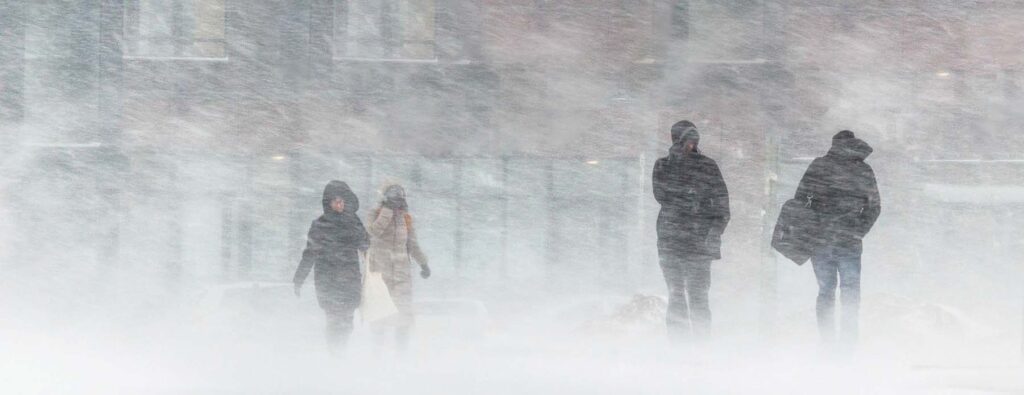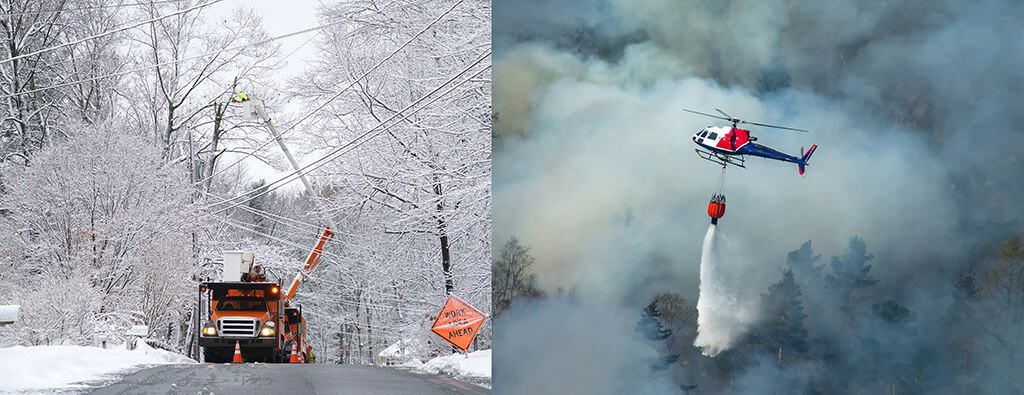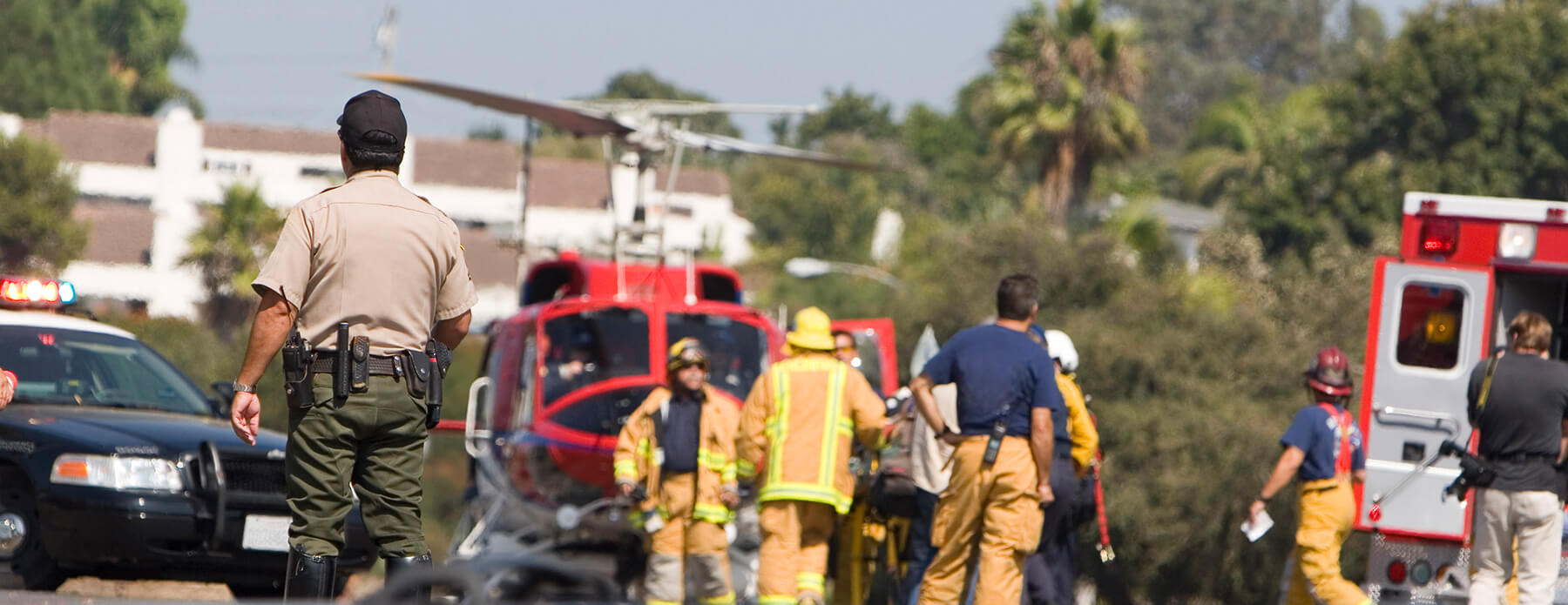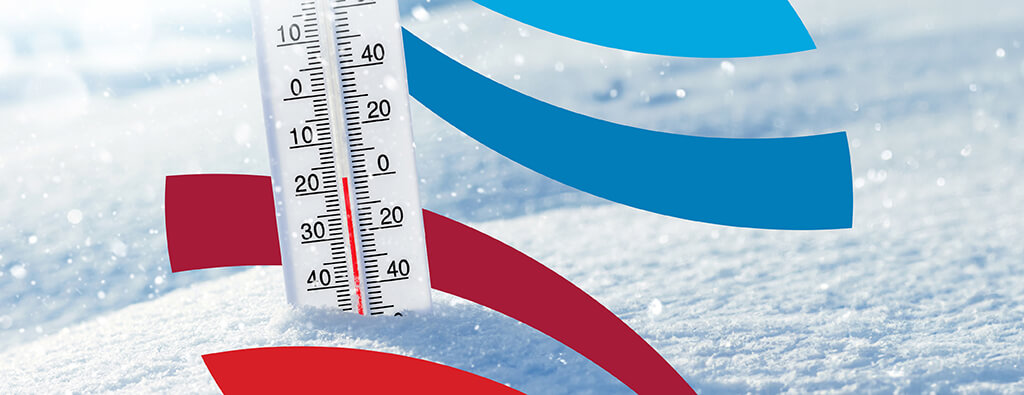The entire U.S. is grappling with another severe and widespread arctic blast this week. Winter Storm Heather is bringing heavy snow, strong winds, and ice, leading to record-breaking low temperatures and treacherous travel conditions.
Here’s a more detailed look at the situation:
Record-Breaking Cold: The cold snap is so intense that it’s poised to break over 140 daily hard records from Oregon to Mississippi. Major cities like Memphis, Dallas, and Nashville are bracing for temperatures to remain below freezing for at least 72 consecutive hours. In Iowa, the forecast is alarming, with historically low temperatures and wind chills plummeting to the minus 30s.
Hazardous Commutes: Cold and wintry precipitation creates dangerous conditions for commuters, especially in Dallas and Shreveport, Louisiana. An icy section of I-10, west of Houston shut down in both directions Monday morning. Roads are expected to remain icy and hazardous into Tuesday. The National Weather Service has issued warnings and advises carrying a cold survival kit for those who must travel.
Strong Winds and Life-Threatening Wind Chills: An estimated 100 million people are under wind chill alerts across the US. Heather has brought strong winds, reaching 70 mph in the south where the worst part of the arctic air is heading. The wind chills, reaching sub-zero temperatures, pose a significant risk of frostbite. In South Dakota, for instance, wind chills as low as -45 are expected, which can cause frostbite in just 5 minutes. Other regions like the Northern Rockies, northern Kansas, and Iowa also face extreme wind chills of around 30 degrees below zero.
Snow Falls and Squalls: The Northeast is experiencing challenges with potential snow squalls and significant lake-effect snow. Buffalo has already seen severe lake-effect snow, and strong winds continue to disrupt travel across the Midwest. Snow is expected to hit the South for the first time this winter, along with strong winds, which could cause frostbite to exposed skin in only 30 minutes. Snow totals could be 3 to 8 inches from southern Arkansas into northern Mississippi, far northern Alabama, and throughout Tennessee. While in the Mid-Atlantic area, only a dusting to a few inches is likely.
Texas’s Power Grid Concerns: In Texas, the cold weather is putting a strain on the state’s power grid. ERCOT, which manages 90% of the state’s electric load, has requested Texans to conserve electricity due to expected tight grid conditions. ERCOT said Texas set a new record for electricity demand Monday morning, which is the most demand the grid has ever recorded during winter months.
Flight Cancelations and Car Accidents: More than 2,100 flights have been canceled across the country today, with the most being in Dallas, Denver, and Chicago. Multi-car pileups have occurred on the dangerous roadways, with one notable 8-vehicle crash being reported in the Dallas Metro area on Highway 121, where one person was transported to the hospital.
Carbon Monoxide Cautions: Five people in a Portland, Oregon apartment building were taken to the hospital with carbon monoxide poisoning as they were using generators indoors and cooking with propane. Read Weather.com’s article on How to Protect your Family From Carbon Monoxide Poisoning to understand how the poisoning occurs as the temperatures take a dive.
As the storm continues to bring frigid conditions across the country, emergency declarations have been issued across numerous states, and there are several warnings to avoid driving and being outside in freezing temperatures if possible. If you cannot avoid being outside, it’s important to layer your clothing and wear hats, gloves, and warm shoes.
The situation is being closely monitored, and residents in affected areas are urged to stay informed and take necessary precautions.



